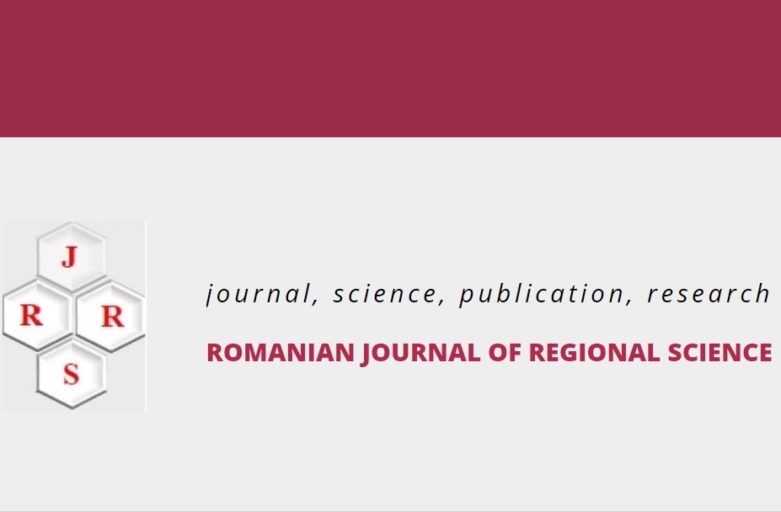Romanian Journal of Regional Science (rjrs.ase.ro) invites contributions for the special issue entitled ”Uncovering territorial inequalities and spatial justice in the EU”, under the auspices of the Horizon 2020 project IMAJINE – Integrative Mechanisms for Addressing Spatial Justice and Territorial Inequalities in Europe, with Ana Vinuela, University of Oviedo, Spain and Maria Plotnikova, Aberystwyth University, UK as Guest Editors.
The special issue is planned to be launched by mid-June, 2020. Submission deadline: April 12 at rjrs_romania@yahoo.com
The problem of territorial inequality is especially important for the EU. The European project has been a long-running process of the coming together of the European states into a single territorial unit. Territorial inequalities have long persisted in the EU. Following a period of convergence in the 1990s and early 2000s, the 2008 financial crisis had widened regional economic disparities in Europe. Territorial inequalities have been targets of policy intervention via regional policy and more recently, Cohesion policy with the objective to promote more balanced and more sustainable territorial development.
Policy intervention is deemed necessary because territorial inequalities in economic performance may over-time lead to divergence in levels and trajectories of development among regions, preventing lagging regions from reaching their potential and necessitating fiscal transfers from richer ones. Territorial inequalities engender migration flows from poorer to richer regions contributing to cumulative causation behind the persistence of inequalities. Territorial inequalities in unemployment and health bring about clusters of multi-dimensional deprivation, increasing reliance on welfare disbursements and public provision of services. Moreover, perception of territorial inequalities in ‘lagging’ or ‘left-behind’ regions may foster what has been termed as the “geography of discontent” expressed in grass-roots movements, support for extreme political parties and anti-establishment voting behaviour (e.g. Brexit vote outcome in the UK).
The perspective of spatial justice offers a new angle for analysing and ultimately tackling territorial inequality. Inequalities may be understood as differences in opportunities available for individuals expressed through access to (e.g. education, jobs, healthcare, services, and, ultimately social mobility) that differ across space and where spacial differences in access interact with its socio-economic determinants such as class, gender, age, ethnicity and others.
Understanding territorial inequalities, therefore, requires greater attention to regional and local socio-economic contexts. Doing so brings to light the interrelationship between economic inequality and other location-specific factors such as differential capacity of regions and localities to sustain economic activity, absorb economic shocks and respond to policy intervention, including Cohesion policies.
We invite papers addressing the issues of territorial inequalities and conceptualization of spatial justice from any disciplinary area.

